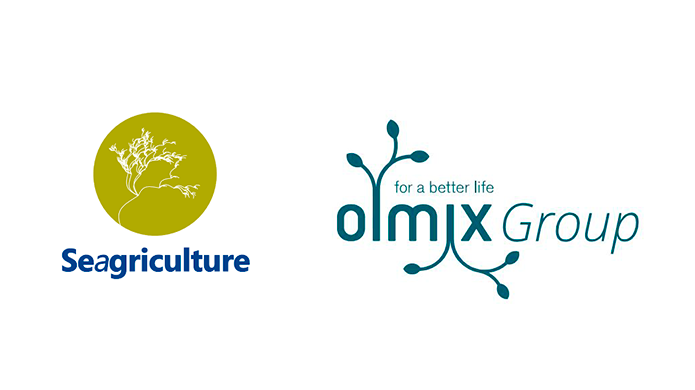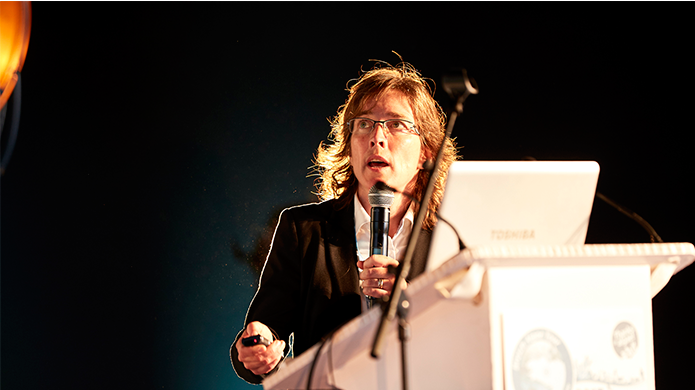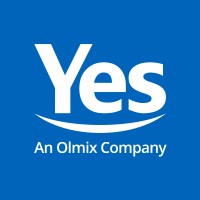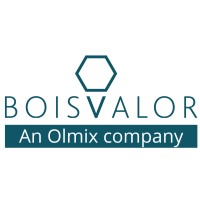Dr. Pi Nyvall, Olmix Group’s Scientific Director, shares her thoughts on the 9th edition of the International Seaweed Conference, held online this year, with the General Seaweed session chaired by the Group.
“Seaweeds: supporting the European Green Deal” was the main topic to be discussed at Seagriculture 2020, the must-attend meeting from the algae industry that, in response to the current global pandemic, this year was hosted online on the 24 and 25 September.
Despite the circumstances, the conference turned out to gather many top speakers from around the globe to shed light on diverse trends such as the world’s know-how within seaweed for feed, food, offshore cultivation or the biorefinery of seaweed, and also focusing on different initiatives to stimulate the sector. The virtual format also allowed for site visits of research centers, cultivation and processing sites all over the world.
Dr. Pi Nyvall, Olmix Group’s Scientific Director, who was chosen to chair the general seaweed session on 2nd day of the event, gives her views on some of the discussions.

Seaweeds: supporting the European Green Deal. What does this really mean?
The European Green Deal, the Farm to Fork strategy and the Bioeconomy Strategy are three European strategies to achieve a climate neutral continent. In all these strategies’ seaweed knowledge, research and innovation are in the forefront of requirements for success as they offer many different applications while their carbon and environmental footprint is limited compared to other products. Several EU strategic documents recognize the potential of seaweed as a key resource to move away from a fossil-based economy, enabling the transition to a sustainable food system, and offering ecosystem services such as nutrient biomitigation and habitat restoration. However, this potential is still largely untapped. Increasing the sustainable production, safe consumption and innovative use of algae and algae-based products in the EU will contribute to the achievement.

Ms Pi Nyvall in an event.
What aspects were highlighted throughout the conference?
The conference touched on cultivation and processing technologies with a focus on the outcomes of the European BBI project MacroCascade developing biorefinery techniques and novel applications from brown seaweed. Another major subject was different actions aiming to stimulate the seaweed sector in Europe and worldwide, both driven by the European commission and independent organizations, such as the seaweed manifesto launched earlier in 2020.
What concerns you most about these topics?
The entire seaweed sector and specially seaweed cultivation in Europe need stimulation to develop further and increase production capacity to really play a role as a sustainable raw material. For this to happen we need both technological developments and atomization, but also market stimulation and development of novel applications.
What conclusions would you point out?
There is an increasing interest all over the world for seaweed due to the role they can play as a key resource to move away from a fossil-based economy, enabling the transition to a sustainable food system, and offering environmental services such as bioremediation. While the amount of seaweed from wild harvest is difficult to increase sustainably the increased production will depend on increased cultivation, at sea, coastal as well as land based.
PRESS CONTACTS
Laurence GUILLEVIC
Communication & Marketing
lguillevic@olmix.com | +33 (0)6 07 35 27 14
Maxime COIFFET
Director of Institutional Relations and Corporate Communications
mcoiffet@olmix.com | +33(0)6 63 79 00 60




